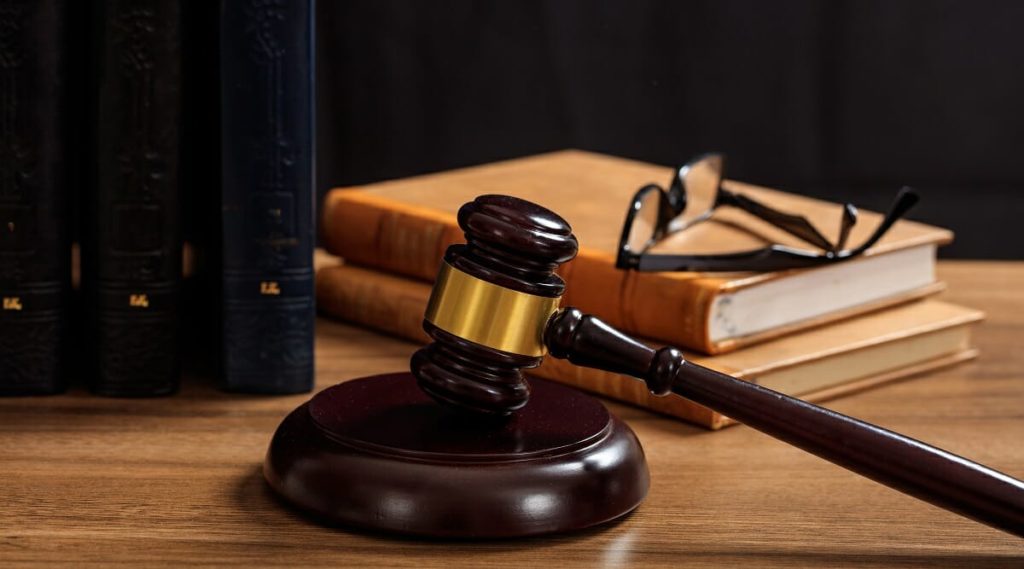A Power of Attorney is a designation given to someone who, with your permission, can make decisions for you. This is very helpful in the event you are ill or otherwise unable to make a decision or need help making future decisions. Setting up a Power of Attorney is an important part of any estate plan, and may require the help of a Maryland estate lawyer to ensure it has been done properly.

Step 1: Pick the Correct Type of Power of Attorney
There are various types of Powers of Attorney. They differ in what decisions the person is able to make for an individual. You should make sure you pick the proper type to prevent unwanted decisions being made on your behalf. The types of Power of Attorney in Maryland include:
- Financial Power of Attorney
- Medical Power of Attorney
- Durable Power of Attorney
- Springing Power of Attorney
- General Power of Attorney
- Limited Power of Attorney
Step 2: Pick your Agent
The individual who will be granted the specified powers is called your agent. Picking the right agent is extremely important. You will want someone whom you can trust to take on this important role. Some other points to consider are the person’s age, distance, health, and expertise with medical and financial matters.
Step 3: Preparing the Power of Attorney Document
The requirements for Power of Attorney may differ greatly from state to state. Your Maryland estate attorney can help ensure you have met all the requirements for Maryland law prevent any confusion on what power and authority your agent is given.
The forms should highlight the three most important portions of a Power of Attorney document:
- The “principal” or person who is granting the Power of Attorney
- The “agent” or the person who will be granted powers from the principal.
- The powers being granted to the agent. It is important that these are clearly and specifically defined to prevent any confusion.
Step 4: Finalize Your Power of Attorney
In finalizing your Power of Attorney you will want to have a Maryland estate lawyer review the forms. They may find legal issues, inconsistencies, or other problems with your form. Once the document has been reviewed and any confusing or ambiguous language is taken care of, then the document can be properly signed, witnessed, and notarized.
Once your Power of Attorney document is complete, protect it by keeping it in a safe place. Give a copy of the document to your agent, and any other institutions that you want to recognize it. The original should be kept at home or in a safe place.
For help with writing, filing, or with legal issues associated with a Power of Attorney, get in touch with DK Rus Law today! DK Rus Law is a Maryland estate planning lawyer and Maryland business lawyer who provides estate planning, business law, and other legal services to the Carroll and Baltimore County, MD areas.

